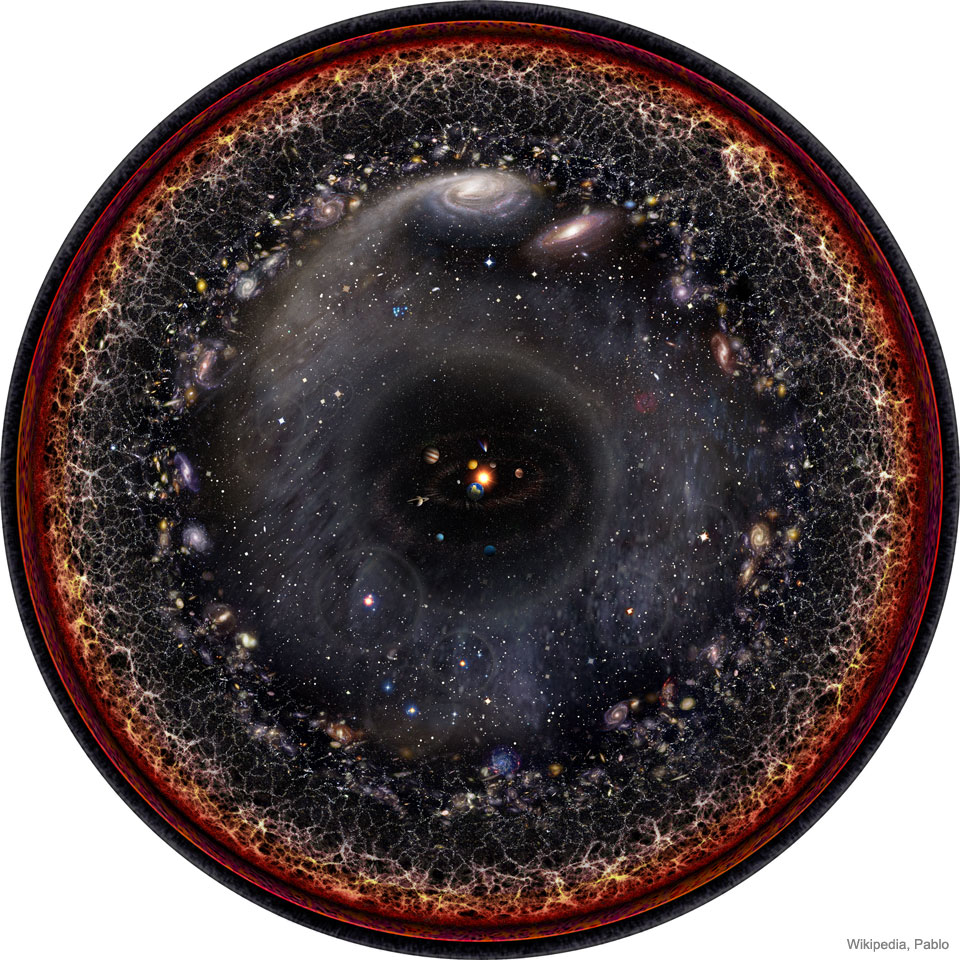“The solutions are there,” is a climate action slogan that has borne up the last several years, and what it means is that we don’t need fancy tech to address the problems of climate change; we just need to do things that nobody wants to do.

Free public transit solves several problems, but nobody wants to sit within sight, sound, and smell of homeless folks. We can do health care that makes population health a reality, but we’re not doing that because it would mean we can’t ration health care away from people we think don’t deserve it. People won’t even mask or vax, why? Because it would be helpful to people they would rather see die.
The solutions are there, but we won’t use them because they are a threat to the supreme religious belief of our country and in large part our world: that whatever happens to a person is the thing that person deserves.
If you’re rich, it’s because you deserve to be rich. If you’re poor, it’s because you deserve to be poor. If you’re sick, you must have done something to cause it. If you’re healthy, it’s because you have more deserving genetics.
If something bad happens to you, you become a crime scene with yourself as the perpetrator. Books upon books are written and read examining why bad things happen to good people; we could as well ask why good things happen to bad people. In the story of Job, Job’s friends cease to be his friends and tie themselves in knots trying to figure out what it is he did, and end up making stuff up at an ever more hysterical pitch.
But Job’s ending doesn’t appear to address the problem, at least as far as the human view is concerned. Likewise in the Gospels, in the story of the healing of the man born blind, the explanation isn’t entirely satisfactory. Jesus’ disciples ask, “Who sinned, this man or his parents, that he was born blind?” Jesus’ answer: “Nobody sinned. He was born blind so that the works of God should be revealed in him.” In my crotchety opinion it seems rather hard that both Job and the man born blind should have to suffer for a heavenly lab demonstration.
But of course the latter is happening in the gospel of John, in which time (the rate of change and the measurement of effect) is little more than an exploded diagram of a three four-dimensional reality. When Jesus says, “When I am glorified,” he doesn’t mean the subsequent triumph of the resurrection, he means when he’s actually on the cross, when his suffering is the most abject, most humiliating, and most undeserved.
The point is, there is a throughline in the Bible confirming, against all our settled devotion, that humans are the work, image, and reflection of the divine while they are still suffering. How much less would our suffering be if we didn’t have to wonder whether we deserved it? Yet how much terror could we handle in contemplating the true, minuscule amount of our control over life?
Considering how much people quote the Bible without understanding that its entire point is to uproot their most precious belief of all, that what happens is what is deserved — it’s no wonder the character of God is reduced to hair-tearing sarcasm at the end of Job.
Yet although getting rid of this belief means owning the fearful truth that our power to prevent bad things or induce good things happening to us is much smaller than we want to think, we should still do it. Think how much less life would suck if you never again had to wake to a free-floating uneasiness that you might be a bad person. If you never again wondered if that person blaming you for your disability was right after all. Think how much more fun doing shit would be if you weren’t hoping the accomplishment would say something positive about you. Think about those sourpusses at Fox News hating on Fred Rogers because he dared to say I like you just the way you are. Why, if you’re liked just the way you are, you can’t be terrified into trying to be something more convenient to someone else!
Speaking of that, think how much less of an asshole you’d be if you believed in your bones that that panhandler was of the same divine value as yourself. Think how much easier it would be then to help! Think how much less off-putting and threatening the slogan Black Lives Matter would be, if you really believed that they did, despite the wrongs that have been collectively done to them. What if you never again had the casual thought, about anyone, about things as large as natural disasters or as small as dings on their car, “Well, if it happened, they must have deserved it.”
If we got rid of this shitty belief, people with bad motives would not be able to make us think they can confer our dignity upon us from without. Our own motives would improve. We could get on with doing things for their proper sake. Religion itself would be more fun.
The solutions are there. But it’s dark right now, and no one can work.
